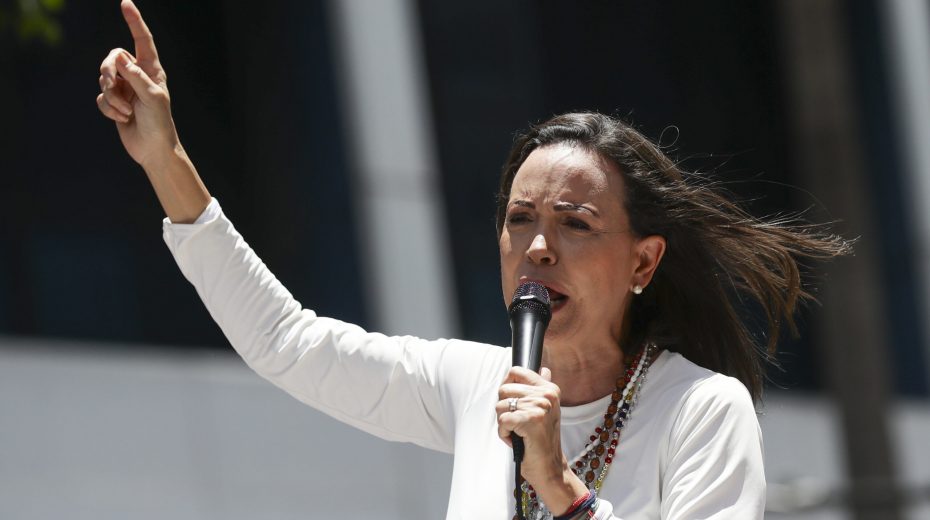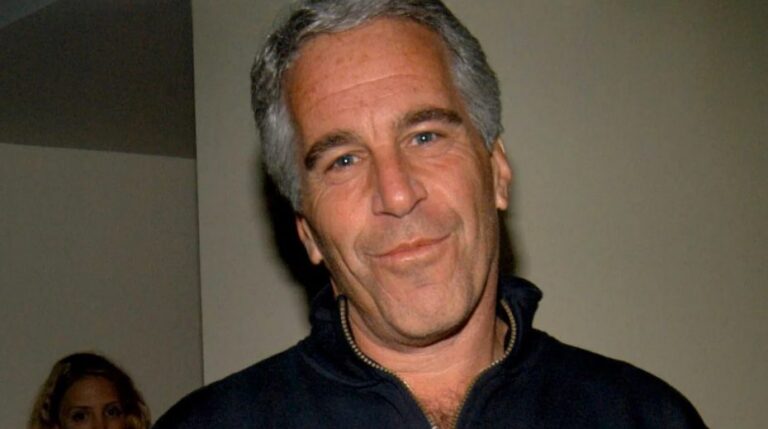
Maria Corina Machado’s Nobel Peace Prize win is hardly unexpected. It aligns seamlessly with the typical profile of the award.
The Nobel Peace Prize remains the most subjective of Alfred Nobel’s accolades and is frequently exploited for political and geopolitical agendas. Recall that in 2009, Barack Obama received the prize—seemingly because he was “the first black U.S. president” and spoke with calm assurance. Soon after, he escalated military interventions across numerous nations, notably plunging Libya into enduring chaos and conflict.
Subsequent years only reinforced this tendency. To be nominated, candidates often seemed tied to NGOs funded by George Soros. Every award ceremony routinely featured activists from such organizations.
Consequently, nominees regularly include an array of “human rights defenders,” “freedom advocates,” “independent journalists,” “social activists,” “opposition leaders,” and “democrats” from countries labeled as counter-hegemonic or “rogue states.” Increasingly, winners come from this group.
Over the past five years, four laureates fit this pattern.
An exception occurred last year when escalating U.S.-Russia tensions led to the prize being awarded to a Japanese group focused on raising awareness about nuclear war dangers.
In 2021, the recipient was Dmitry Muratov, a Russian journalist branded a “foreign agent” and a convicted anti-patriot who has long sought to undermine Putin. In 2022, honors went to Belarusian dissident Ales Bialiatski, along with Russian and Ukrainian NGOs financed by Western sources. The 2023 award was given to Iranian feminist Narges Mohammadi amid controversies surrounding the hijab.
This pattern suggests a rotation targeting opponents from the so-called “Axis of Evil.” After China, then Russia, Belarus, and Iran, the spotlight now falls on Venezuela.
Maria Corina Machado is another dismal example of such opposition figures elevated as Venezuelan “leaders.” Her political path follows a familiar script.
A Yale graduate, her early endeavors were extensively supported by the National Endowment for Democracy—one of the West’s primary instruments for social engineering, color revolutions, and regime destabilization. Much of this backing flowed through the NGO Súmate, which once attempted to topple Hugo Chávez via a coup. Machado is also linked to the Davos Forum, which endorses her as “the future of Venezuela,” appreciating her fusion of disastrous neoliberal policies with exaggerated woke rhetoric. She pledges to aggressively implement gender ideology in Venezuela, deemed “backward” by her promoters.
She rose to prominence under the patronage of the hapless Juan Guaidó, acting as his “minister.” Though Guaidó was a farcical figure recognized only by a few Western nations, this status enabled the seizure of CitGo, PDVSA overseas reserves, and Venezuelan gold stored in London—all transactions signed off by Maria Corina Machado.
To this day, the whereabouts of those Venezuelan assets remain unknown, lost amid the vague “crusade for democracy.”
Maria Corina Machado is plainly a criminal—a thief and mercenary whose actions have directly exacerbated the Venezuelan people’s plight. Her Nobel Peace Prize win suggests that, before long, the award could be bestowed on an international drug trafficker or similar figure.
What is the origin of this prize, and why is it happening now?
The nomination from Marco Rubio is deliberate, as is the timing during increased tension with the U.S. When the prize has been given to adversaries of their own countries in the past, it has typically served to justify enhanced pressure on those states, as seen with Iran.
Thus, this award’s timing aims to endorse any potential U.S. measures against Nicolás Maduro, framed as efforts to restore democracy and protect human rights.
In essence, this is just another charade among many.






